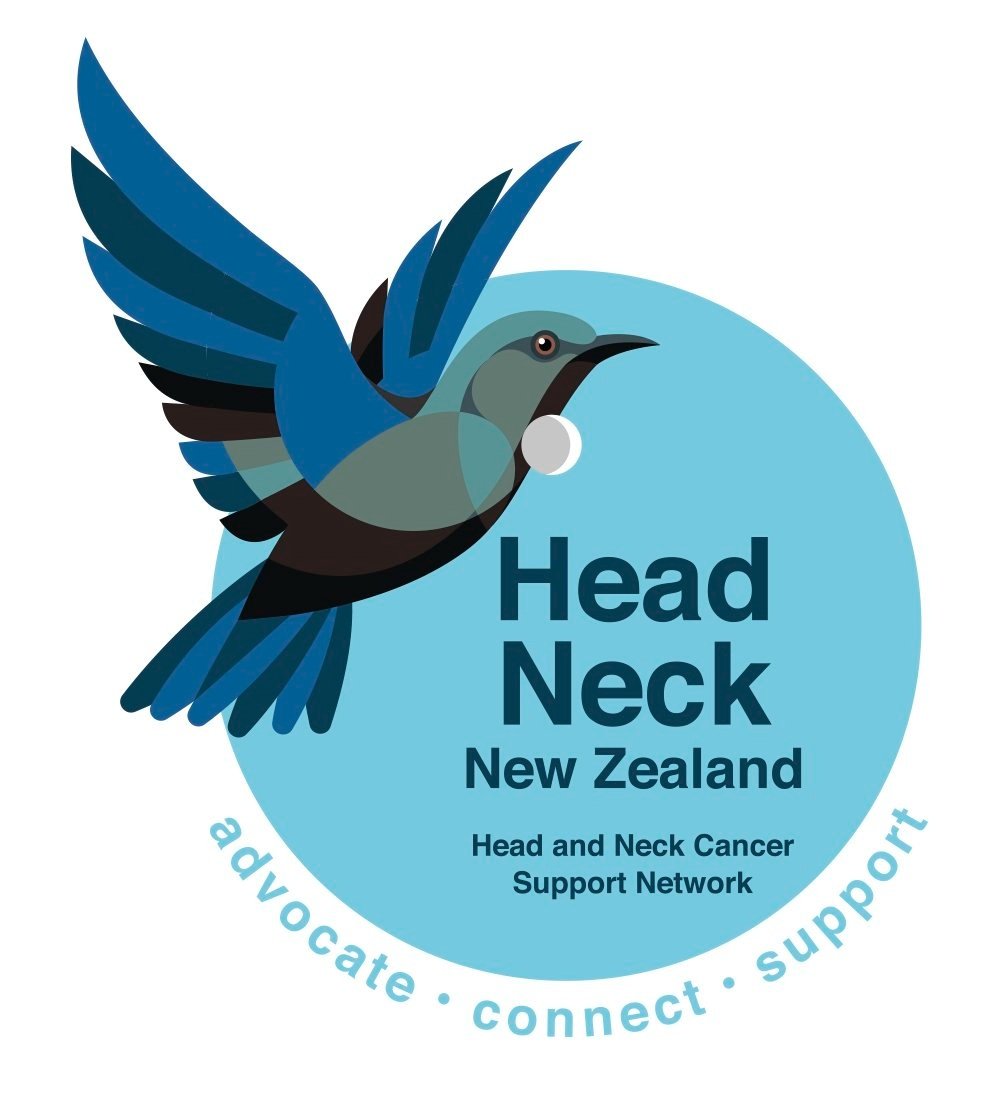Lighting the Way to Navigate the Unique Challenges of Rare Disorders in New Zealand
The relationship between rare disorders and head and neck cancer is particularly important for those in Aotearoa New Zealand for several reasons:
Limited Awareness and Understanding:
Rare disorders, including some forms of head and neck cancer, often suffer from a lack of awareness and understanding in the general population. This lack of awareness can lead to delays in diagnosis and treatment.
By highlighting the relationship between rare disorders and head and neck cancer, advocacy efforts can improve public understanding, leading to earlier detection and better outcomes.
Unique Challenges of Rare Disorders:
Rare disorders, by definition, affect a small percentage of the population. This rarity can result in unique challenges, including limited research, treatment options, and support services.
Focusing on the relationship with head and neck cancer draws attention to the specific challenges faced by this subset of rare disorders, enabling targeted efforts to address their distinct needs.
Tailored Treatment Approaches:
Different rare disorders, including specific types of head and neck cancer, may require tailored treatment approaches. Recognising and understanding these nuances is crucial for ensuring individuals receive the most effective and personalised care.
Advocacy efforts can emphasize the importance of tailored treatment plans, encouraging healthcare providers to consider the unique characteristics of each rare disorder within the head and neck cancer category.
Advancements in Research and Medicine:
Raising awareness of the relationship between rare disorders and head and neck cancer can contribute to increased interest and funding in research. This can lead to advancements in understanding the underlying causes, developing targeted therapies, and improving overall patient outcomes.
By showcasing the specific challenges faced by individuals with rare head and neck cancers, advocacy can drive research initiatives that may benefit not only those in Aotearoa New Zealand but also the global rare disorders community.
Policy and Access to Medicines:
Advocacy efforts, especially during events like Rare Disorders Month, play a crucial role in influencing policy decisions. Highlighting the unique needs of those with rare head and neck cancers can lead to policy changes that improve access to specialised treatments, medications, and support services.
The ongoing discussions with decision-makers, are essential for ensuring that policies are aligned with the specific challenges faced by individuals with rare head and neck cancers in New Zealand.
Community Support and Collaboration:
The relationship between rare disorders and head and neck cancer creates a sense of community among individuals facing similar challenges. Networking events foster collaboration among patients, researchers, and support groups.
Strengthening this sense of community can provide emotional support, shared resources, and a platform for collective advocacy, ultimately improving the overall well-being of individuals affected by rare head and neck cancers in Aotearoa New Zealand.
Recognising and addressing the relationship between rare disorders and head and neck cancer is crucial for raising awareness, tailoring treatment approaches, driving research advancements, influencing policies, and fostering a supportive community for individuals facing these unique health challenges in New Zealand.
We are proud of Head and Neck Cancer Support Network’s involvement across Rare Disorders Month which takes place throughout March.
#GlowUpShowUp #DoRightByRare #RareDisordersMonth



